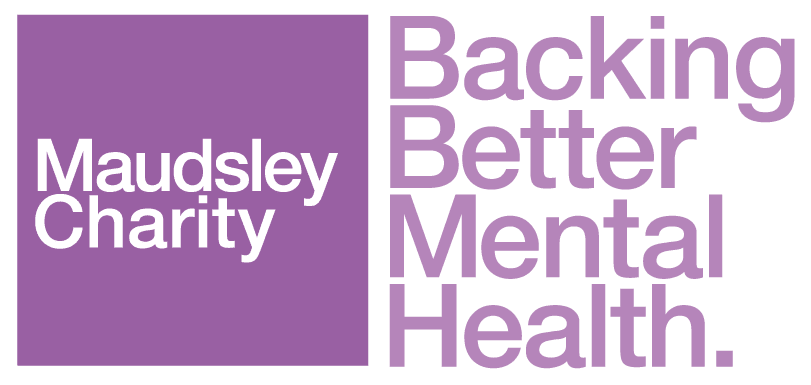Young people increasingly seek out information online. It’s vital that they have easy access to relevant and accurate material, especially when it comes to topics related to mental health struggles they may be experiencing. Comics have proven to be an effective teaching tool for teens, especially for those who are less engaged than their peers with traditional education.
The Creative Communities project, led by Dr Lindsay Smith, was delivered by the National and Specialist Child and Adolescent Mental Health Service (CAMHS) at South London and Maudsley NHS Trust in partnership with Beyond Text, a not-for-profit specialising in creative co-production. They worked with a diverse group of young people in Lambeth and Southwark to create a digital comic exploring their own experiences of, and perspectives on, self-harm, suicidality, and exploitation.
Eight young people were recruited through NHS services, along with a steering group made up of parents/carers and educators. Together, they selected artist Hanna Gwyn to help bring their ideas to life through a series of workshops hosted by local community organisation, Peckham Levels.
The material developed was then tested with sixty-nine Year 12 pupils from two local schools and amendments made based on their feedback. The pilot group reported increased knowledge and understanding about self-harm and how they could help someone dealing with it. Crucially, given the sensitivity of the topic, no issues were raised regarding the way the information was presented in text or design.
The young creators praised the facilitation of the workshops for helping them to connect with others, feel heard and navigate conflict to make decisions together. They have subsequently supported the development of a brief for a new peer-to-peer support service pilot within South London and Maudsley, evaluating the potential use of the comic as part of the service. Several youth collaborators also presented the project at an international conference at Oxford University.
The comic will be published online, and hard copies printed for use in schools. As well as being a valuable teaching resource, the project team will be hosting a steering group to consider how arts-based resources can be used in public health, linking into a key theme of the national Culture, Health and Wellbeing Alliance.
The protocol used by the project can inform the co-production of other kinds of mental health information, allowing people with lived experience to work alongside clinical staff in a meaningful, equitable way.
We wanted to develop a model for working meaningfully alongside young people, where there are higher levels of need or risk. There remain so many barriers in our research and mental health systems to co-production with certain young people. We’re delighted our feedback suggested we got some stuff right – enabling people to contribute and to feel their voice was equal and included in the process, but there’s still lots to learn.
